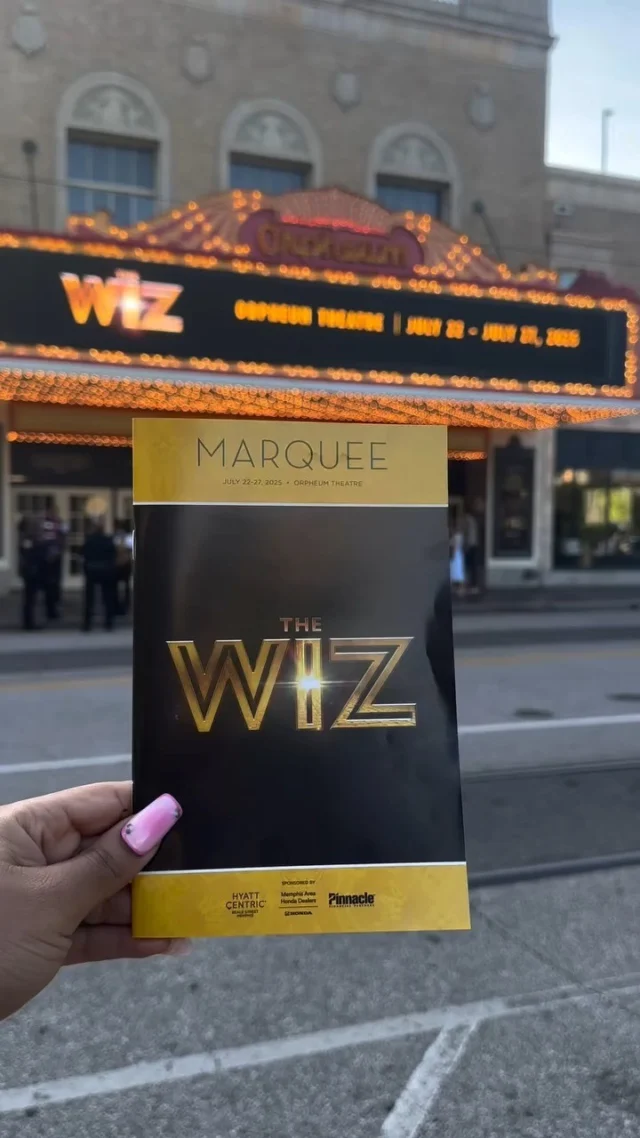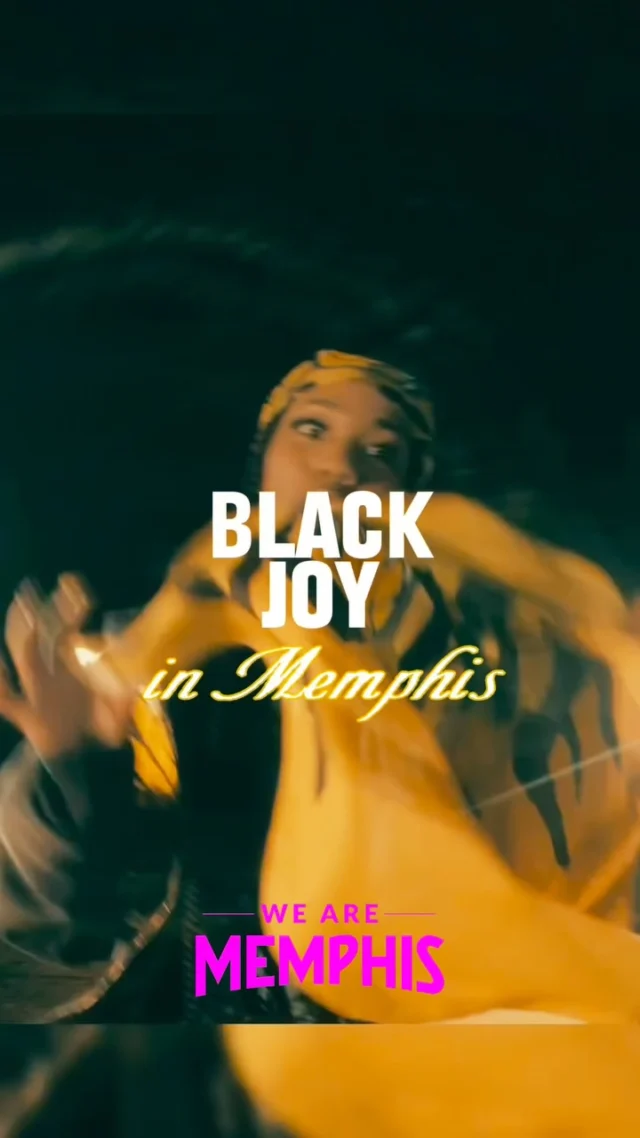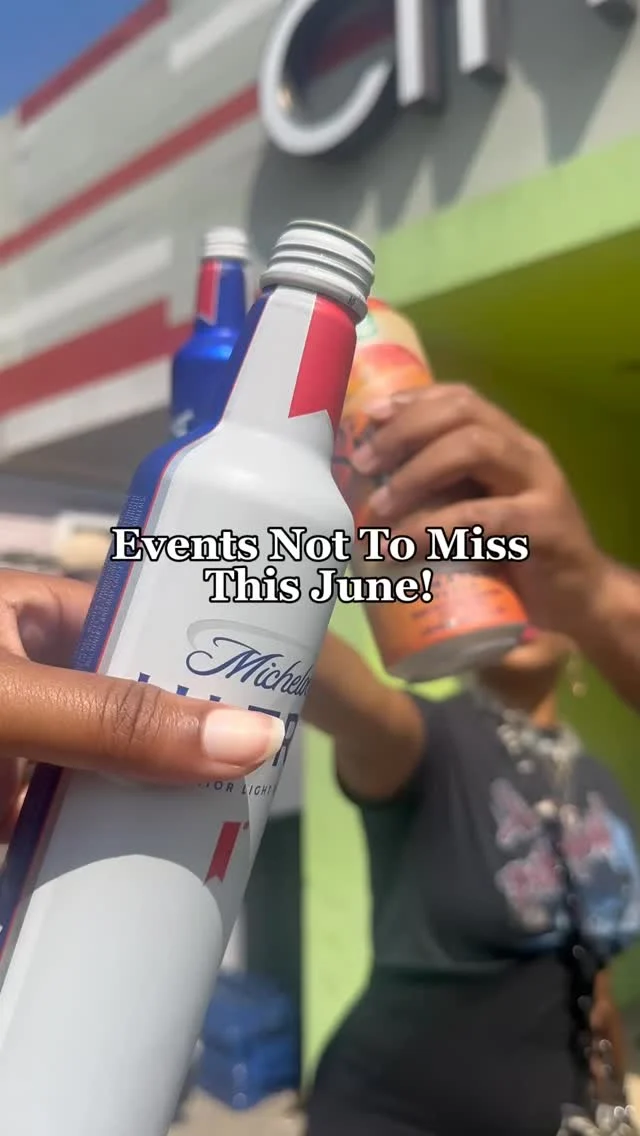By Ezra Wheeler
For the next several months, we at WAMM will be looking back on some of the songs that helped Memphis rap become the center of the hip-hop universe. Today we kick things off with Tela’s 1997 hit “Sho Nuff.”
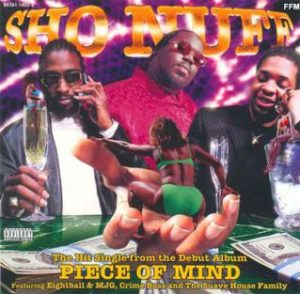
For several years, Memphis rapper Tela’s lone hit “Sho Nuff” appeared on Spotify under the title “Sho Nupp,” a typo that was only recently remedied. While relatively innocuous and almost certainly accidental, this small mistake has always deeply irritated me. Not only did it make it more difficult for listeners to uncover this already-hidden gem, but it felt like just another unnecessary slight against an artist whose music was never fully appreciated, even here in his hometown.
That said, the story of “Sho Nuff” is about more than an unknown artist unexpectedly hitting the top 10 on the Hot Rap chart with an infectious shake junt anthem that seemed to be transmitted back to us from 100 years in the future. It’s also the story of an up-and-coming producer who was on the verge of making his national breakthrough, a groundbreaking hip-hop duo who helped to make the South the focal point of hip-hop for the coming decades, and a small independent label that would help Memphis to become a major influence within hip-hop for years to come.
When Tela (née Winston Rogers III) released his debut album “Piece of Mind” in late 1996, he was already 26 years old, a veritable senior citizen in the rap world. While it’s impossible to know if his career trajectory would have played out differently if he had emerged as a younger man, Tela’s maturity is evident throughout the album, both in terms of his lyrical content and his deft blend of Memphis soul, funk, and rock. To this day, nobody from the Memphis rap scene sounds quite like him.
“Piece of Mind” was released on Suave House Records, an independent record label founded by Memphis native Tony Draper when he was just 16. “I was forced to go independent,” Draper recalls. “Being born in Memphis, raised in Houston, a student of hip-hop, I started out as a DJ. I was loving hip-hop from the East Coast and West Coast, but was] raised on soul music, as well.” After wisely signing fellow Memphians 8Ball & MJG, whose debut album “Comin’ Out Hard” helped to bring the label national attention, Suave House proved to be a blueprint for other small independent Southern labels such as No Limit and Cash Money.
While Tela and collaborator Slice T handled the bulk of the album’s production, a promising young local producer named Jazze Pha was also brought on board to produce the tracks “All About That Money,” “Tired of Ballin’” and “Sho Nuff.” Born Phalon Anton Alexander, Jazze Pha was the son of James Alexander, the bassist for the influential Stax funk group Bar-Kays, and Denise Williams, an accomplished singer who had worked with artists such as Earth, Wind, and Fire and Barbra Streisand.
Before becoming one of the hottest producers of the 2000s–who can forget the ubiquitous sound of “This is a Jazze Phizzle product-shizzle!” over tracks by Ciara, Ludacris, T.I., and countless others?–Jazze Pha was still developing his sound. As with Tela, “Sho Nuff” would prove to be the producer’s breakout single and a perfect encapsulation of the retro-futuristic sound that would soon make him a star.
In addition to Jazze Pha, Tela also recruited local legends 8Ball & MJG to assist with his first single. As always, the dynamic duo brought their A-game and were clearly instrumental in helping the track gain nationwide airplay in strip clubs both near and far with their tales of sheisty women, newfound fame, and a deep love for the pimpin’ lifestyle. Overall, the song is a lighthearted and even occasionally funny affair, as when MJG raps “She claim she ain’t heard my music /Tryin’ to trick me /So I told that h*e my name Bill Bigsley /She still hit me…”
The following year, Three 6 Mafia’s DJ Paul and Juicy J would sample the song for another classic debut single that would become a staple at strip clubs: Gangsta Boo’s anthem “Where Dem Dollas At.” The songs are so similar, in fact, that they almost beg to be played back-to-back.
Following the success of “Sho Nuff,” 8Ball & MJG continued to reign as one of the South’s biggest groups and Jazze Pha enjoyed a relatively brief but consequential period as hip-hop’s go-to producer. Unfortunately, Tela himself was unable to capitalize on the song’s success, but continued to release music for the next several years and now runs the Atlanta-based independent label 1520 Records.
Although “Sho Nuff” never captured the zeitgeist quite like Three 6 Mafia’s “Who Run It” or Playa Fly’s “Nobody Needs Nobody,” it remains a shining example of that era’s heterodoxy and the way that Memphis rap was always ahead of the curve. A quarter of a century later, it still sounds like the future.
You might also be interested in: Live Music Memphis Tonight | Memphis Live Music Calendar













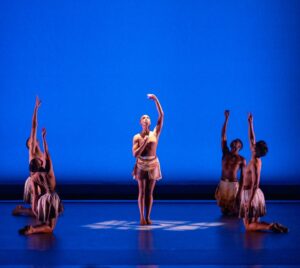




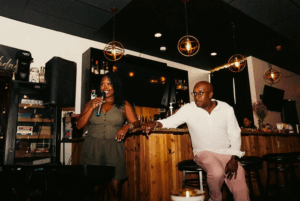










![The countdown is ON, Memphis! We’re officially 30 days out from the @unitememphis 5K + 1-Mile Walk/Run—and this year, we’re stepping into unity on 901 Day 🙌🏽
📍 Monday, September 1 | National Civil Rights Museum
🕘 Start time: 9:01AM
🎶 Food, music & fun to follow
Whether you’re walking or running, this isn’t just a race—it’s a movement. And there’s no better time to join in than now. 👟✨
🎓 COLLEGE STUDENTS: Be one of the first 100 to register using your .edu email with promo code NEXTGENUNITE and your ticket is just $10 (that’s a $32 savings 👀). Limit 2 per person, so tell a friend!
Let’s walk. Let’s run.
Let’s #UniteMemphis 💛
🔗 [link in bio]](https://wearememphis.com/wp-content/uploads/sb-instagram-feed-images/526805187_18335272954206022_6056852028660485499_nfull.webp)
